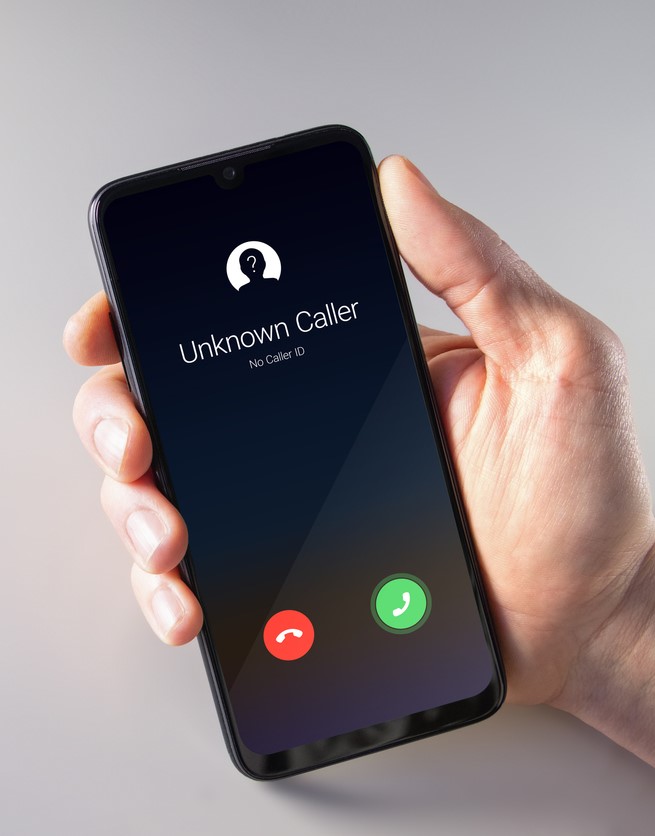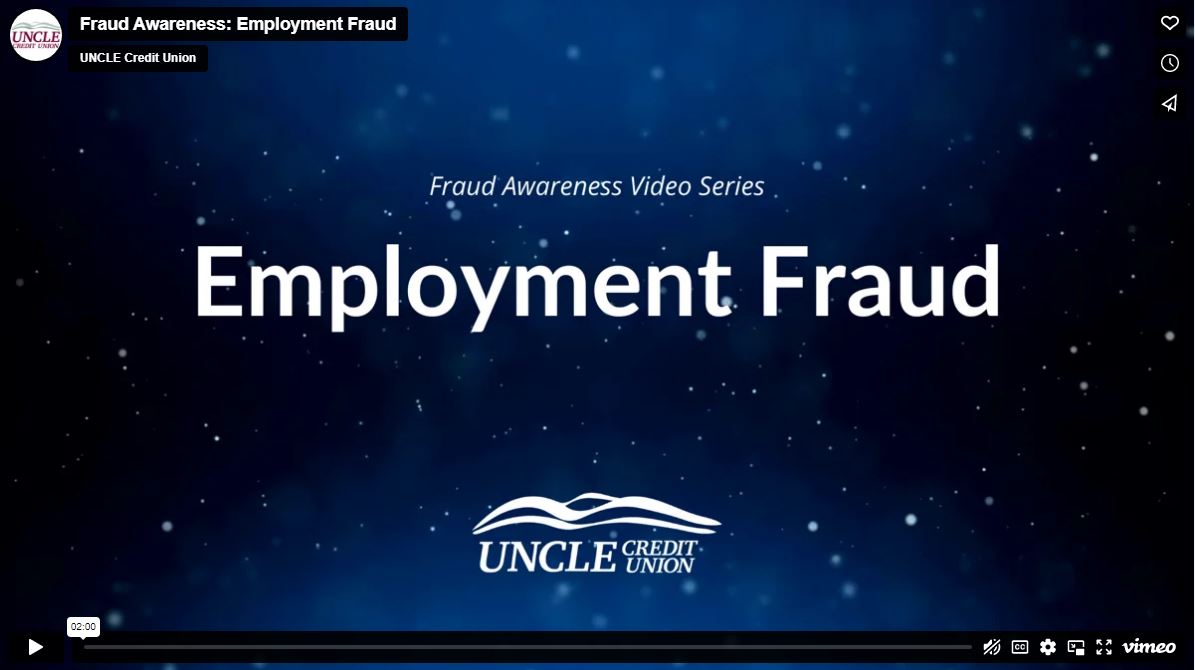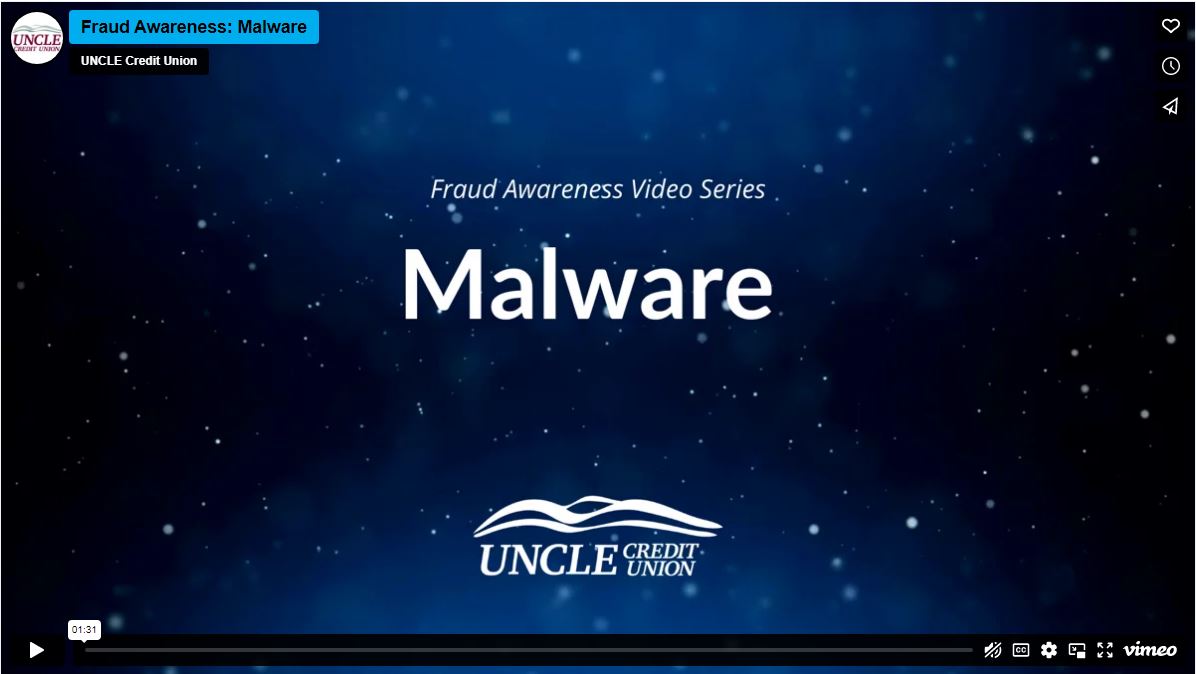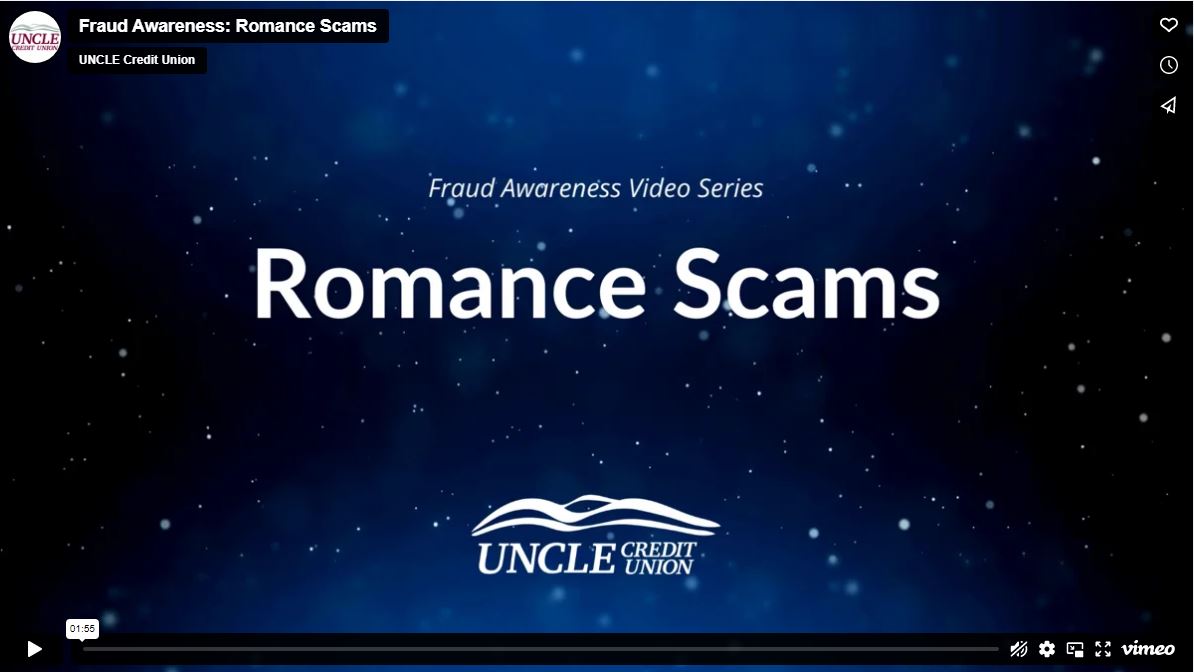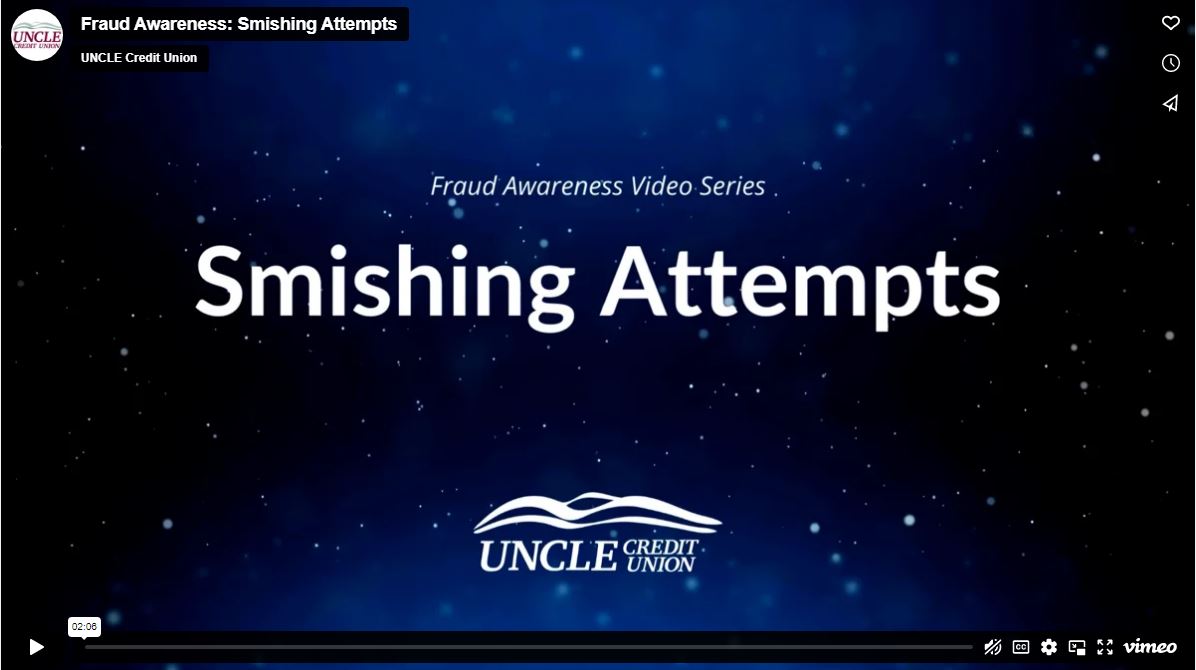2024 Fraud and Scam Predictions
Be alert and prepared for these common attacks on the rise. Keep scrolling to find content on 2024-2025 fraud predictions, videos on fraud trend, the signs of a scam, and ways to avoid a scam.
#1 Fastest Growing Financial Crime = Synthetic Identities
Synthetic identities occur when fraudsters create new identities similar to yours by piecing together elements of a person’s personal information and combining them with false identifiers.
Tips to Avoiding Synthetic Identity Fraud:
-
Be wary of how much information you provide to unknown individuals. Age, location, education, family members, and places of employment should never be provided to people you do not know.
-
Ensure your social media settings are private and only accept friend requests from individuals you are familiar with and are expecting a request from.
